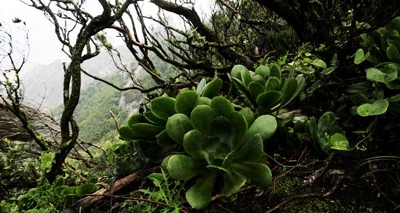A day or two before we left Morocco, I went to say goodbye to Paulin Kuanzambi, an Angolan refugee in Morocco who now works with AFVIC (Amis et Familles des Victimes de l’Immigration Clandestine, “Friends and Families of Victims of Clandestine Migration”). Paulin had been great help to me in
some stories I did for The World on migration in Morocco.
Paulin was out and I didn’t get to say goodbye. As I just found out, he had been entrapped into a meeting with members of the Moroccan secret service, who posed as journalists, then kidnapped him and another activist and drove them to the border with Algeria. You can a letter from AFVIC (in French) about it it after the jump.
This will be the fourth time that Paulin–who’s been officially recognized as a refugee by the UN High Commissioner for Refugees–is illegally kicked out of Morocco. The secret service agents took his money, hit him and his companion, and then showed them pictures of recent refugee sit-ins in front of the Moroccan office of UNHCR (see previous post on Arabist) and asked questions about the people involved.
I find it incredibly disturbing that the agents posed as journalists–then we wonder why refugees are often leery of the press!
I don’t understand why the Moroccan government–while hosting international conferences on migrants and their “rights”–treats a few thousand refugees on its soil like seditious criminals.
I also don’t understand why UNHCR seems so utterly incapable of fulfilling its mandate and protecting the people it has recognized as refugees. Unless the UNHCR office in Rabat–as the one in Cairo–has little sympathy for refugees who advocate for their rights (I was told that during a recent refugee sit-in, it was the UNHCR office itself that called the Moroccan police).
Continue reading Paulin Kuanzambi


